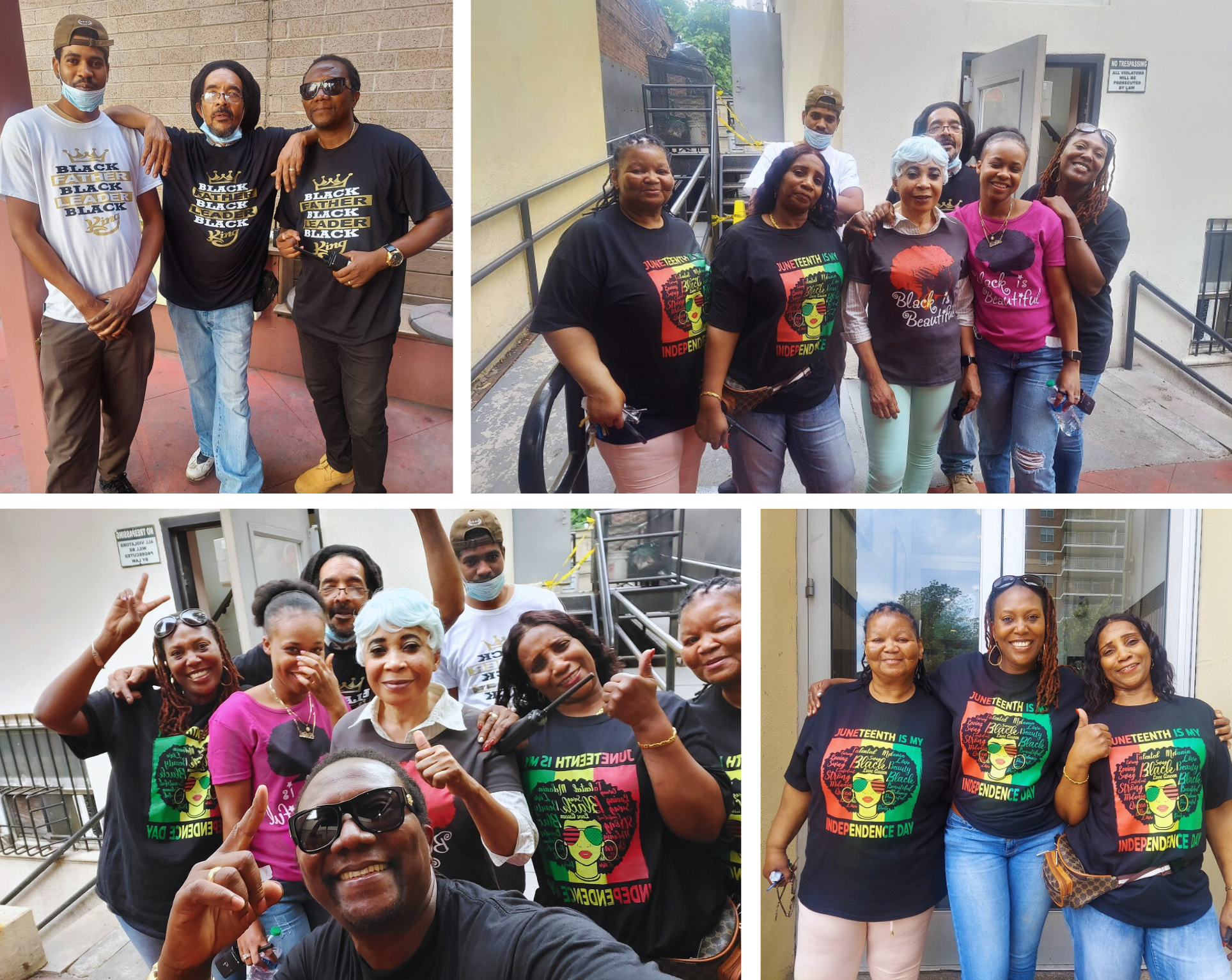Celebrating Juneteenth
Juneteenth is the oldest nationally celebrated commemoration of the ending of slavery in the United States. June 19 is the day that the Emancipation Proclamation was read in Galveston, Texas, two and a half years after President Abraham Lincoln read the proclamation, announcing that Black people were considered free from enslavement.
Since 2021, Juneteenth is a recognized federal holiday. It is a time to come together to acknowledge our history, celebrate Black freedom and achievement, embrace diversity, and continue to work to advance social justice and racial equity.
S:US acknowledges this important day and our collective commitment to promote racial equity. Since 1978, S:US has supported people and communities that have been marginalized, communities of color, communities impacted by poverty, people with developmental disabilities and their families, people with mental health and substance use challenges, and people with histories of incarceration.
Juneteenth also reminds us of the disproportionate impact that systemic health inequities have had on Black and communities of color in our city, our state, and across our country. We believe strongly that the lives of Black, indigenous and people of color matter on Juneteenth and every day. See selected resources and ways to commemorate Juneteenth.
Juneteenth Resources
How to Celebrate Juneteenth 2023 in NYC (NYC & Company) All month long the City is celebrating Juneteenth. Read more about ways you can participate in NYC, including concerts, workshops, festivals and screenings; as well as cultural sites and Black-owned businesses that reflect the impact of the Black community across the five boroughs.
JUNETEENTH.com promotes unity, freedom, achievement and self-esteem through the celebration of Juneteenth across the nation and beyond.
Juneteenth: The History of a Holiday (New York Times) On June 19, 1865, enslaved African Americans in Galveston, Texas, were told they were free. A century and a half later, people across the U.S. continue to celebrate the day, which is now a federal holiday.
Teaching Juneteenth (Learning for Justice) The history of Juneteenth acknowledges a hard past while also empowering students to be advocates for change.
Why celebrating Juneteenth is more important now than ever (Vox.com) An interview with Karlos Hill, a professor of African and African American studies at the University of Oklahoma and the author of Beyond the Rope: The Impact of Lynching on Black Culture and Memory.

